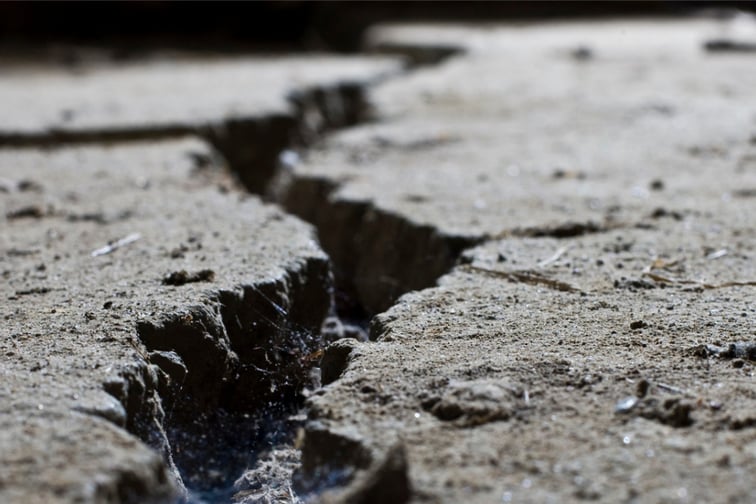

Canada experiences approximately 4,000 earthquakes every year. In Western Canada, people are waiting for “The Big One” – the next Cascadia subduction event in which the Juan de Fuca plate will take another dive beneath the North American tectonic plate, with enough force to cause significant damage across southwestern British Columbia, including in Vancouver and Victoria.
According to government studies, there is a 30% chance in the next 50 years that a big one – potentially “The Big One” – could occur, and if it does, the Insurance Bureau of Canada (IBC) has estimated that the overall costs after a 9.0-magnitude earthquake in BC could reach $75 billion.
Seismic hazard is also a concern in eastern Canada, along the St. Lawrence Seaway and in the Montreal/Ottawa corridor. According to the IBC, there is a 5%-15% chance that a strong earthquake will strike in the next 50 years in the region from the St. Lawrence River Valley to the Ottawa Valley – including Quebec City, Montreal and Ottawa.
While seismic risk is sizeable in Canada, the earthquake insurance take-up rate remains low. Despite the potentially devastating impacts of a major shake, earthquake has received less attention of late from policymakers, insurers, risk managers, developers (and so on) than other perils like flood and wildfire.
Monica Ningen, president and CEO for Canada & English Caribbean at Swiss Re, said: “I think it’s going to be pretty hard for Canadians and for industry to travel through something like a very large earthquake. I think that it is getting overlooked in terms of our time and attention [and] part of that is because we see some of these secondary perils [like flood] impacting communities, impacting our balance sheets, and our attention goes to those.”
Ningen is a strong believer in the notion of “it’s not if, but when” regarding natural disasters like earthquakes. She said she hopes the “when” is not during the “fragile state that we’re currently in from a pandemic and economic standpoint”.
She added: “I would encourage all of us to think about what that looks like, and continue to work on the earthquake file hand-in-hand with the government, because … when we actually experience it as communities and as an industry, it is going to be tough for all of us to find our way through it. And the better prepared we are, the more likely we are to come through that in a successful way, not only with resilient balance sheets, but with resilient communities.”
Fellow panellist Mike Mitchell, head of property and specialty underwriting reinsurance at Swiss Re, was head of Asia-Pacific for Swiss Re during two major earthquakes in the region: the 2011 Christchurch (New Zealand) and Tohoku (Japan) earthquakes.
He said: “I think there’s always a human bias towards immediacy, rather than importance … and I do think that we have a natural tendency to focus on the things that are most immediate to us.
“Clearly, the whole preparedness around earthquake issue is something which is a much more significant challenge than being prepared for more atmospheric type events. The physical preparations that you can make as an individual [and a business] are much less obvious and much more fundamental.”
Read more: McLarens COO on earthquake preparation
Earthquake is a peril that “will always be with us,” according to Mitchell, and one that will strike with significant impact and damage from time to time.
“I think it’s very important to ensure that the fundamental economic preparedness for resilience to earthquake loss is there, but also that we’re very cognizant, as we learned in Christchurch, that we’re very aware when we’re building cities and we’re building societies that we’re building in a resilient and sustainable manner,” he said.
“It’s critically important to learn the lessons that we can learn, particularly from Christchurch, in respect of urban planning, but also in respect of having a really robust, high level of insurance penetration. The New Zealand economy, the New Zealand government is very proud to be able to have covered something like 80% of the economic losses that were generated in the Christchurch earthquake […] I think that’s a record that would not be able to be replicated by many countries around the world.”
